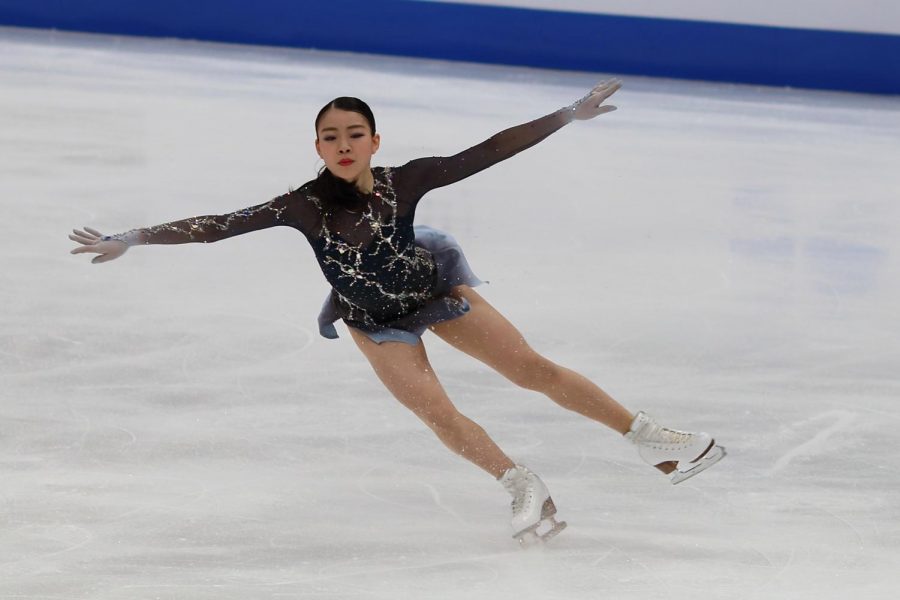Japan Wins Titles at Four Continents
Through the likes of Yuzuru Hanyu, Rika Kihira and Yuma Kagiyama, Japan still proves itself a formidable obstacle to other top figure skating countries.
The International Skating Union (ISU) just held its annual Four Continents Figure Skating Championships (4CC) from Feb. 4 through Feb. 9 in Seoul. As 4CC serves as a precursor to the World Figure Skating Championships, the podium winners from each discipline leave much to be discussed before next month’s competition.
While not gaining any podium spots in pairs or ice dance, Japan took gold in both men’s and ladies’ singles, as well as an additional bronze in the men’s discipline. Hanyu, 25, broke his previous world record for the short program with 111.82 points, and despite his two imperfect landings in the free skate, came up on top 24.6 points ahead of silver-medalist Jason Brown of the U.S.
The ease of Hanyu’s win — his first at 4CC — can, in part, be attributed to the absence of his infamous rival, Nathan Chen of the U.S. The 20-year-old, two-time Worlds winner opted out of 4CC this year to focus on his studies at Yale, according to NBC Sports. Chen, known for his ability to land quad jumps perfectly, is perhaps the only man standing in Hanyu’s way to reclaim his Worlds title.
Hanyu’s trump card could be his planned quadruple axel, a jump no one has landed in competition before. According to Kyodo News, Hanyu’s axel is improving, and his Worlds performance will be his “best program.” While Hanyu claims that the ice quality for his free skate at 4CC was not ideal, his mistakes during the program — along with his repeated routine — are enough to worry fans that a quad axel may remain hypothetical this season.
As for the rest of the men’s program, Brown, 25, showed yet again that quad jumps are not as important as fluidity and presentation — but only if one is as charismatic as he is. Kagiyama, 16, took the bronze medal and promises to be a top contender for Junior Worlds champion.
Of course, Japan’s success at 4CC did not end with Hanyu and Kagiyama. 17-year-old Kihira won gold for her second year in a row — her programs containing wonderfully landed triple axels. While South Korea’s Young You, 15, comes close to Kihira on the basis of having a consistent triple axel, Kihira’s 9.11-point lead begs to differ. You and bronze-medalist Bradie Tennell of the United States will have to work hard to compete with Kihira at Worlds.
Among Kihira’s rivals not present at 4CC were Russia’s Alena Kostornaia and Anna Shcherbakova, who took gold and silver, respectively, at the European Championships just over two weeks ago. Kostornaia also has the triple axel down, making this match especially interesting.
If the U.S. wants a spot on the ladies’ podium, Tennell and Mariah Bell will have to perform with the same artistry and precision that we’ve seen recently, with a little extra kick. As for the men’s podium, it’s just the continuous and anticipated battle between Hanyu and Chen.
Copy Chief for Volume 101.










































































































































































































